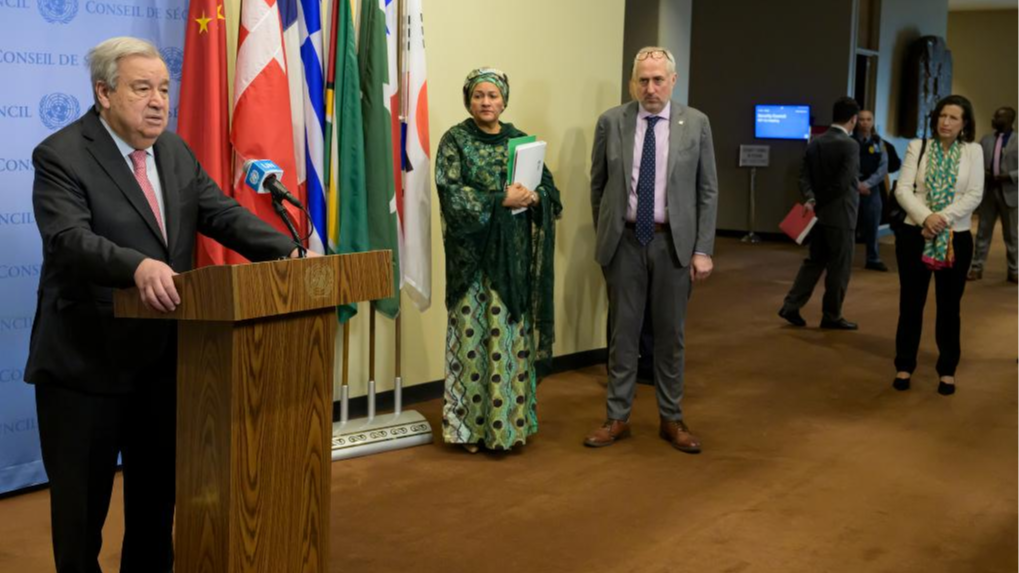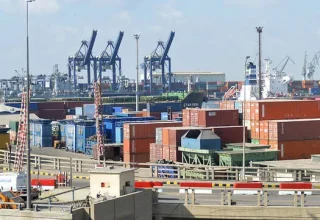
The United States has long positioned itself as a global leader in humanitarian aid and international development. Yet its recent policies of funding cuts and withdrawal from critical programs have inflicted profound harm worldwide, endangering lives, exacerbating crises and undermining decades of progress.
Here are the major consequences:
Costing human lives
The human cost of U.S. aid cuts is immeasurable. The Lancet, one of the world’s leading medical journals, warned that 79 million people have been abandoned by the decision to terminate the programs of the United States Agency for International Development (USAID). If the cuts continue, there could be 14 million additional deaths by 2030, including the deaths of 4.5 million pre-school children.
Brooke Nichols of Boston University calculates that as of June 26, discontinued funding has already caused over 332,000 deaths worldwide, including more than 224,000 children. The New York Times reported that abrupt halts to USAID-funded medical trials have left thousands stuck with experimental drugs in their bodies. Despite the State Department’s promise of “a waiver for lifesaving humanitarian programs” in January, no meaningful relief has materialized.
Sabotaging global health efforts
The U.S. has again abandoned the World Health Organization and appointed an anti-vaccine official to lead its health policy. A leaked USAID memo confirms that funding cuts have crippled global health programs. If global polio eradication stops, there will be an additional 200,000 paralytic polio cases per year and hundreds of millions of infections over the next 10 years, 71,000-166,000 extra malaria deaths annually, and a 28-32 percent spike in tuberculosis cases.

The consequences of severe cuts in U.S. foreign aid will be especially devastating for vulnerable people across the world, and the move will “run counter to” Washington’s global interests, UN Secretary-General Antonio Guterres warned at the UN headquarters in New York, the U.S., February 28, 2025. /Xinhua
Worsening humanitarian crises
By boycotting key forums like the International Conference on Financing for Development, the U.S. has derailed progress toward the 2030 Sustainable Development Goals. The World Food Programme faces a 40 percent cut in funding for 2025, causing dangerously low food supplies for 28 aid programs and leaving 58 million people starving. The UN estimates that 305 million people will need emergency aid in 2025, but it would be difficult to administer, given that 12,000 humanitarian workers were laid off and 22 organizations shuttered in different countries.
Choosing waste over welfare
Worse still, the U.S. has chosen to waste resources instead of using them for welfare. Reuters and Politico reports exposed that the U.S. had purchased 500 tons of high-energy biscuits for malnourished children but they had to be destroyed because their use-by date had expired. The State Department also destroyed $10 million worth of taxpayer-funded contraceptives, which is estimated to lead to 362,000 unintended pregnancies, 110,000 unsafe abortions and over 700 maternal deaths.
Triggering a Western retreat
America’s retreat has sparked a race to the bottom among its allies. Germany announced it would cut humanitarian aid by 53 percent; France has cut its official development assistance by 37 percent; and the UK has said it will slash its foreign aid by an estimated 40 percent from 2027. G7 aid in 2024 declined by 8 percent, and projections for 2025 indicate a 19 percent drop. The Organisation for Economic Co-operation and Development has warned of a 9-17 percent global aid reduction, reversing 30 years of progress.
Domestic boomerang effect
Brookings reported that 13,000 U.S. aid workers were laid off by the end of this May and Midwest farmers were losing markets without food aid programs. The Migration Policy Institute warned that the $200 million aid cut focused on deterring irregular migration from Central America would strain U.S. border security. This is occurring despite two-thirds of Americans being opposed to aid cuts, according to an Oxfam poll.
By refusing to take up its responsibilities, the U.S. is fueling global instability and harming people in other parts of the world. It is a morally bankrupt and strategically catastrophic path to take.
Credit to







































